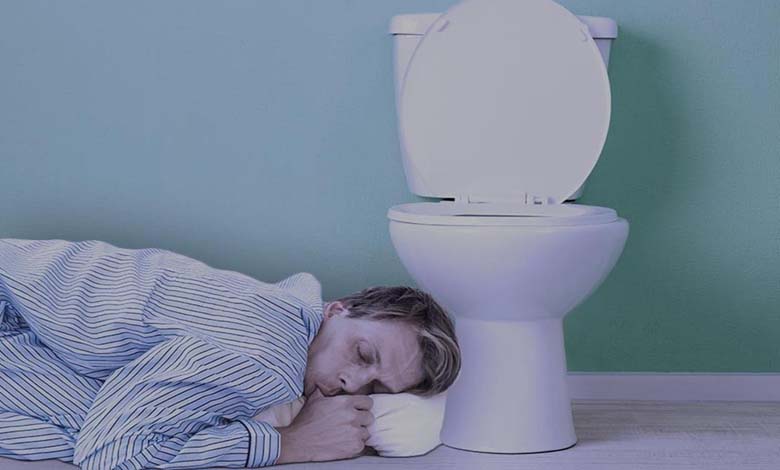Frequent Nighttime Urination – An Early Warning Sign of Cancer?

Waking up once during the night to urinate is normal, especially with age. However, when this becomes frequent—two, three, or more times a night—it’s worth paying attention. While nighttime urination (nocturia) is often linked to benign conditions like high fluid intake or benign prostatic hyperplasia, it can also be an early warning sign of prostate cancer.
-
CT scans may cause thousands of cancer cases every year
-
Discovery of an Unexpected Link between Diet and Lung Cancer
What is Nocturia?
Nocturia refers to waking up multiple times at night to urinate. It may occur alone or alongside other urinary symptoms such as urgency, incomplete emptying, or discomfort.
The Prostate Cancer Connection
Prostate cancer, one of the most common cancers in men, can grow silently for years. Early stages are often symptom-free. However, as the tumor grows and begins to affect the urethra or prostate function, it may cause:
- Increased nighttime urination,
- Weaker urine stream,
- Frequent or urgent need to urinate,
- Difficulty starting or stopping urination,
- Blood in urine or semen.
When Should You Be Concerned?
You should see a doctor if:
- You wake up more than twice a night to urinate without a clear reason.
- You notice other unusual urinary symptoms.
- You have a family history of prostate cancer.
- You are over the age of 50.
-
Shocking Scientific Discovery: The Surprising Strategy Cancer Cells Use to Survive Nutrient Shortages
-
“Manipulating Light”: A Butterfly Wing-Inspired Technology for Cancer Diagnosis
While nocturia is usually harmless, in some cases it could be an early clue to something more serious, making medical consultation important.
Other Possible Causes of Nocturia
- Uncontrolled diabetes
- Congestive heart failure
- Sleep apnea
- Diuretic medications
- Overactive bladder
- Urinary tract infections
Screening and Prevention
Early detection of prostate cancer may involve:
-
Chemicals in Drinking Water Raise Cancer Risk
-
Artificial Intelligence Excels in Detecting Breast Cancer
- PSA (Prostate-Specific Antigen) blood test,
- Digital rectal exam,
- MRI or biopsy if needed.
Early screening saves lives. If you notice a change in your urination habits, it’s better to check than to wait.
Final Thoughts: Listen to Your Body
If you’re consistently waking up to urinate, don’t just blame aging or stress. It could be a signal your body is trying to send. Talking to a doctor may provide clarity—and potentially save your life.












